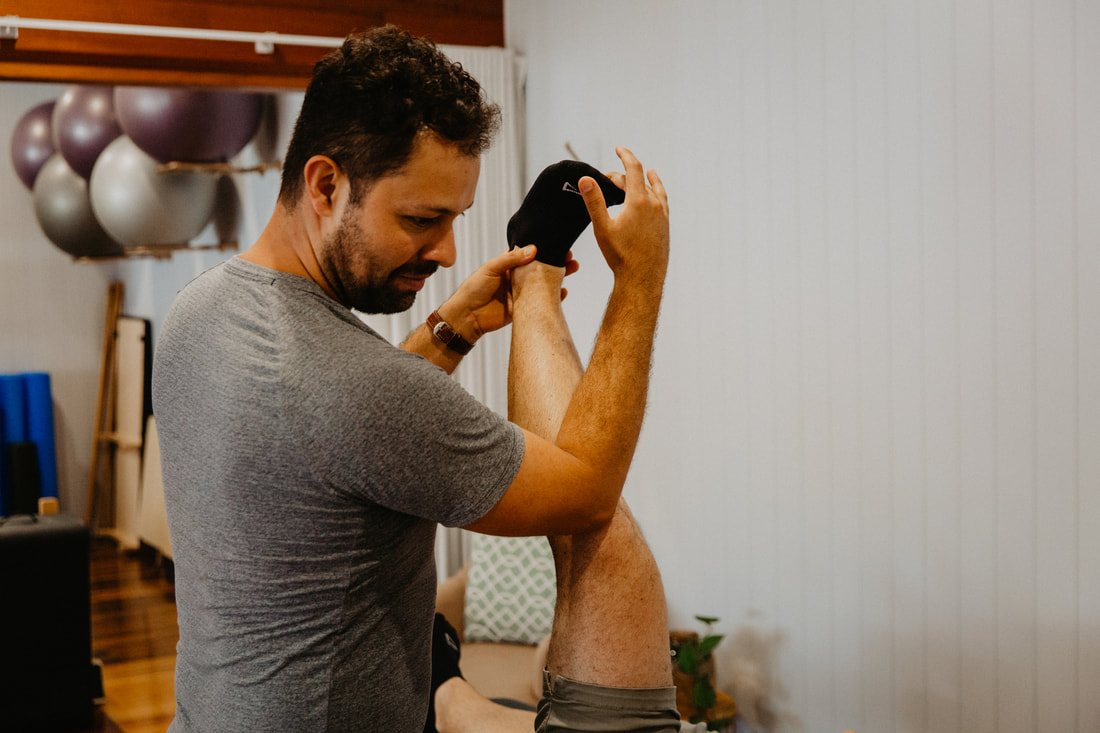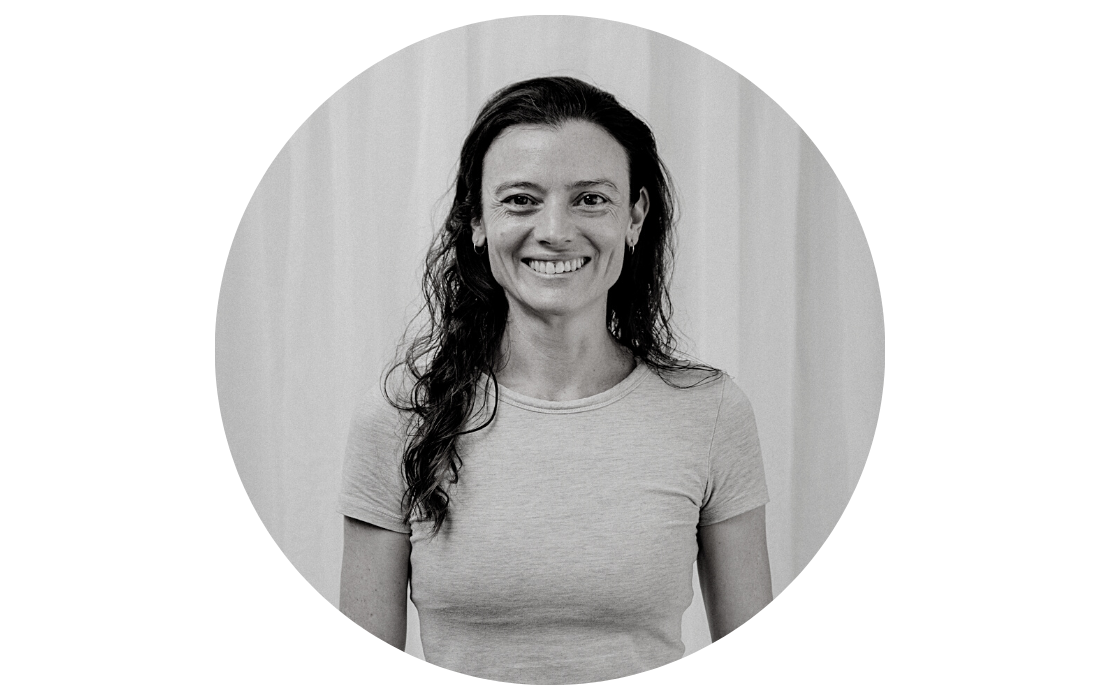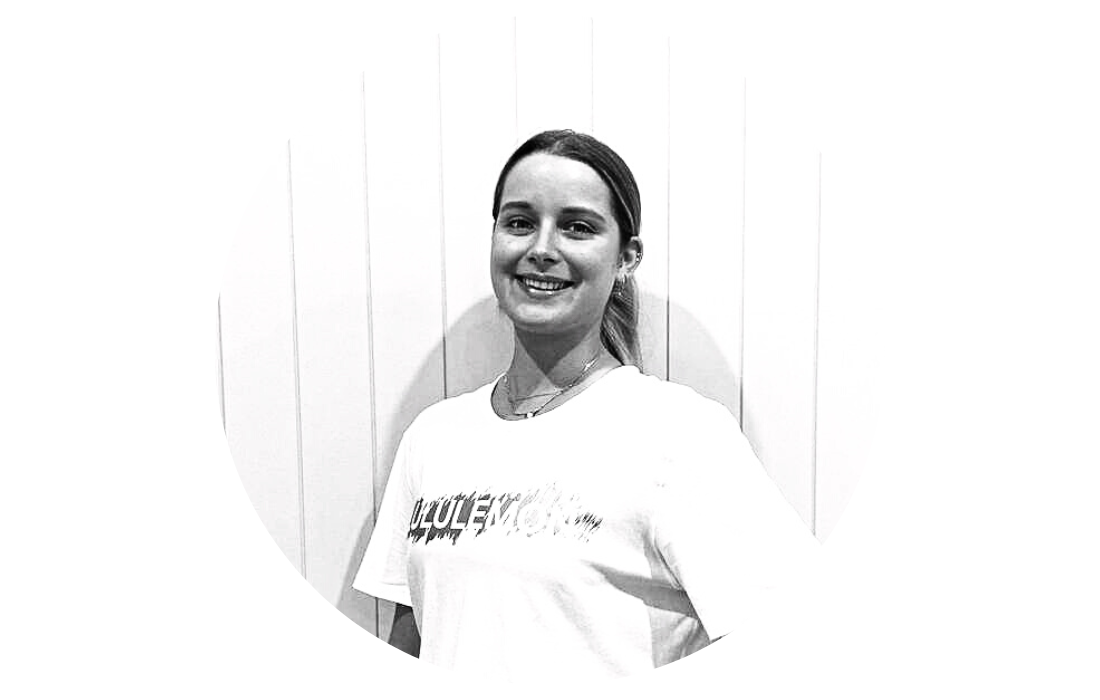Sports injury physiotherapy for gymnasts.
Introduction to Gymnastics and the Role of a Specialized Physiotherapist
Gymnastics is a sport that demands exceptional physical strength, flexibility, agility, coordination, and balance. It encompasses various disciplines like artistic gymnastics, rhythmic gymnastics, and trampolining, each with its specific challenges:
What Are Common Injuries Among Gymnasts?
Gymnastics, a sport that demands high levels of flexibility, strength, and precision, is associated with several types of injuries:
How Can Gymnasts Prevent These Injuries?
Injury prevention is crucial in gymnastics:
What Physiotherapy Treatments Are Effective for Gymnastics Injuries?
Physiotherapy is vital for treating and managing injuries in gymnastics:
When Should a Gymnast Consult a Physiotherapist?
It is recommended to seek professional advice in various situations:
How Can Physiotherapy Help in Long-Term Injury Prevention for Gymnasts?
Long-term injury prevention is essential in gymnastics:
What Recovery Strategies Should Gymnasts Employ?
Effective recovery strategies are important for gymnasts:
If you have been injured during gymnastics, there are many things that our Tarragindi physiotherapists can do to help get you back to being sport ready and active again so come in and speak to our friendly physiotherapists today! Feel free to give our Tarragindi Physiotherapy clinic a call on 07 3706 3407 or email [email protected]
Gymnastics is a sport that demands exceptional physical strength, flexibility, agility, coordination, and balance. It encompasses various disciplines like artistic gymnastics, rhythmic gymnastics, and trampolining, each with its specific challenges:
- Artistic Gymnastics: Involves apparatus like rings, bars, and beams, requiring strength and precision.
- Rhythmic Gymnastics: Focuses on grace, flexibility, and dexterity, often incorporating apparatus like ribbons and hoops.
- Trampolining: Requires acrobatic skills while performing on a trampoline, emphasizing aerial manoeuvres.
- Injury Prevention and Management: Given the high injury risk in gymnastics, a physiotherapist with expertise in the sport can offer targeted injury prevention and rehabilitation strategies.
- Technique Optimization: Understanding the biomechanics of gymnastic movements allows physiotherapists to help athletes enhance their technique and reduce injury risk.
- Performance Enhancement: Specialized physiotherapists can assist gymnasts in optimizing their physical capabilities and refining their skills for improved performance.
What Are Common Injuries Among Gymnasts?
Gymnastics, a sport that demands high levels of flexibility, strength, and precision, is associated with several types of injuries:
- Wrist Sprains: Due to the weight-bearing demands on the hands and wrists.
- Ankle Sprains and Strains: Common from landings after jumps and tumbling.
- Anterior Cruciate Ligament (ACL) Injuries: Occur during high-impact or twisting motions.
- Lower Back Pain: Often a result of repetitive bending and twisting.
- Shoulder Injuries: Including rotator cuff strains and impingements from bars and rings activities.
- Stress Fractures: Particularly in the lower back and lower extremities, from repetitive impact.
How Can Gymnasts Prevent These Injuries?
Injury prevention is crucial in gymnastics:
- Proper Warm-Up and Cool-Down: To prepare muscles and joints for the rigors of training.
- Strength and Conditioning: Focused on building a balanced musculature to support gymnastic movements.
- Flexibility Training: To maintain and improve joint range of motion and muscle elasticity.
- Proper Technique: Consistently practicing and refining skills to minimize the risk of injury.
- Adequate Rest and Recovery: Allowing sufficient time for the body to heal and recuperate.
What Physiotherapy Treatments Are Effective for Gymnastics Injuries?
Physiotherapy is vital for treating and managing injuries in gymnastics:
- Manual Therapy: Such as massage and joint mobilization to relieve pain and restore mobility.
- Tailored Exercise Programs: Specific exercises to strengthen and rehabilitate injured areas.
- Biomechanical Analysis: Assessing gymnasts’ movements to identify and correct technique issues.
- Pain Management Strategies: Including modalities like ultrasound or TENS.
- Injury Prevention Education: Providing guidance on how to avoid future injuries.
When Should a Gymnast Consult a Physiotherapist?
It is recommended to seek professional advice in various situations:
- Post-Injury: For an accurate diagnosis and a comprehensive rehabilitation plan.
- Persistent Pain or Discomfort: Especially if it affects performance or daily activities.
- Technique Enhancement: To improve skills while minimizing injury risk.
- Preventive Measures: Learning effective strategies to reduce the likelihood of injuries.
How Can Physiotherapy Help in Long-Term Injury Prevention for Gymnasts?
Long-term injury prevention is essential in gymnastics:
- Personalized Conditioning Programs: Focusing on the individual needs of the gymnast, balancing strength, flexibility, and endurance.
- Regular Physical Assessments: To monitor progress and adjust training as needed.
- Technique Refinement: Ongoing work to improve gymnastic techniques and reduce injury risk.
- Nutritional Guidance: To support overall health, muscle development, and recovery.
What Recovery Strategies Should Gymnasts Employ?
Effective recovery strategies are important for gymnasts:
- Active Recovery: Engaging in light activities to promote circulation and muscle recovery.
- Proper Nutrition and Hydration: Essential for muscle repair and energy replenishment.
- Adequate Sleep: Crucial for physical and mental recovery.
- Stress Management: Utilizing techniques like mindfulness or yoga to maintain a healthy mental state.
If you have been injured during gymnastics, there are many things that our Tarragindi physiotherapists can do to help get you back to being sport ready and active again so come in and speak to our friendly physiotherapists today! Feel free to give our Tarragindi Physiotherapy clinic a call on 07 3706 3407 or email [email protected]
Who to book in with:
Yulia Khasyanova
|
Emma Cameron
|
Zoe Harden
|



